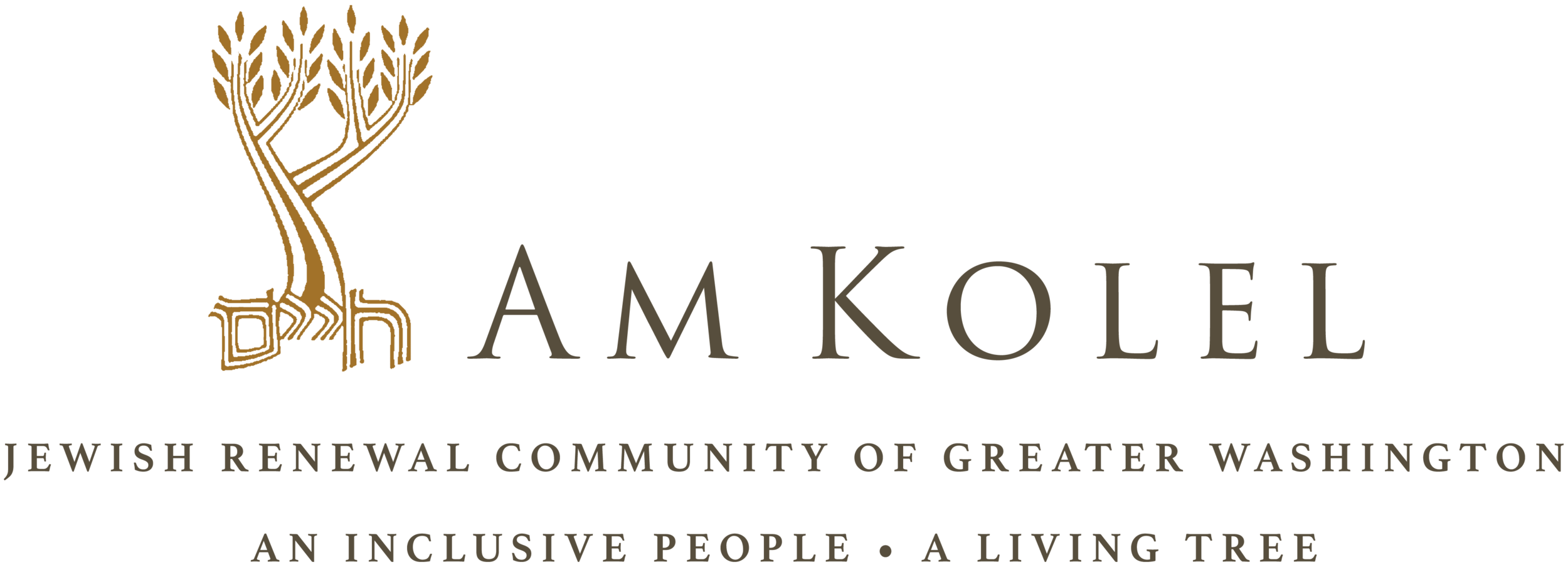This week’s Parshiot, a double, Matot-Maasey, is quite disturbing.
This week’s Parshiot, a double, Matot-Maasey, is quite disturbing. Not surprisingly, it coincides with the incredulous events taking place in Israel today, specifically, the challenges to the judicial system and the threat to an already fragile democratic society. It parallels the Parsha in the sense that how a people acquires the power, morally and spiritually, to succeed in creating a society based upon justice and loving kindness is in question. Do we not see this struggle in many countries throughout the world?
How do our sages deal with the contradictions of conquest over others and a more loving vision of the world and life on this earth? Many of our sages try to address the meaning of the Parsha in a non-literal sense. The tribes names, the names of other nations and names of the oasis’ along the way are all metaphors for our own spiritual journeys with the often confusing corporeality of this world.
The forty two places where the Israelites stopped after leaving enslavement are about those places or stages in our own lives when we have been stuck or where we adapted to a new place or where we found a new understanding about ourselves and others. It’s about our own journey in life to the Land of Promise, of a place of personal and collective harmonious. Don’t we all yearn for that?
Of course, that struggle and that journey also take place on real soil, in cities and in physical places that are inhabited by different kinds of people. How do we find a way to live together in peace, and not in pieces?
How do we deal with the words of the Parsha when it talks about conquest and driving out the inhabitants of the land? We know how the right wing extremists embrace this literal reading of the text. We also know how Torah directs us to conquer the enemies, the Yetzer HaRah, from within. Ultimately, to partner with the Divine and the teaching that we are created in the Image of the Divine, means to see that Image within ourselves and, also, in others. How to be known, that is the holiest work of the journey.
Khazak Khazak, V’Nitkhazek,
Be strong ! Be strong! And let us strengthen each other.
Reb David
